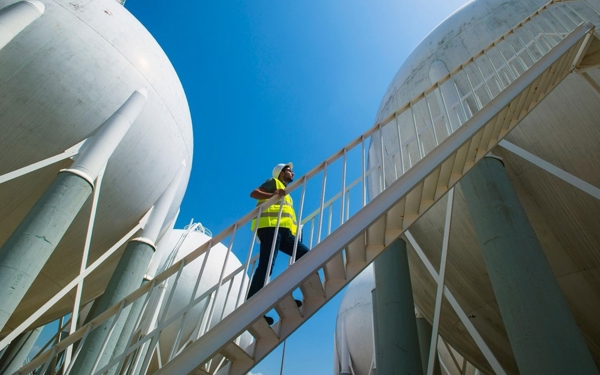Energy prices and households
During the energy crisis, Dutch households saved energy and started investing in making their homes more sustainable. Our research shows that saving energy has become the norm for more than half of households, even now that energy prices have fallen again. A large proportion of households have permanently reduced energy consumption by adjusting their behaviour. Likewise, households made significantly more investments in making their homes more sustainable than the year before.
Higher energy prices during the energy crisis also led to payment problems among households that have lower incomes and/or poorly insulated houses. Energy prices are a lot lower now than during the 2022 peak, but they are still above the long-term average. The number of households struggling to pay their energy bills has halved compared to the end of 2022, according to an Analysis we published.
Home sustainability
Making homes more sustainable is an important part of the transition to a climate-neutral economy, while also reducing homeowners' energy bills. This process has accelerated in recent years, and the number of houses with poor energy labels is falling. This was driven partly by the higher energy prices in 2022 which provided financial incentives for reducing energy consumption and making homes more sustainable. Also, Dutch households have increased their savings substantially since the start of the COVID-19 pandemic, and the government has extended the range of grants and favourable loan terms, making more financial resources available for home sustainability.
A DNB analysis shows that almost all homeowners can now finance their own home sustainability measures. Even so, home sustainability remains behind target. This is mainly because homeowners are unsure whether they will recoup the costs and because relatively few take advantage of grants and favourable loan terms. Creating higher-quality government information and advice, and making it more widely available can accelerate the sustainability drive for owner-occupied homes.
Subsidies or pricing?
Current Dutch climate policy is mainly focused on subsidies. Subsidies for investments to combat climate change are relatively generous in the Netherlands. This has a number of significant drawbacks. Subsidies draw on scarce public resources, the government must determine the best technical solutions before granting subsidies, and windfall profits may also be generated because subsidies often find their way into projects that were already profitable.
Emissions pricing works
Ultimately, the lack of financial incentives is the main reason why green investments and solutions are lagging behind. Private parties need to make a return on their investment, but the return is undermined by low taxation on carbon emissions in most sectors. If carbon taxes were higher, green investments needed to meet climate targets would become more lucrative. Pricing encourages sustainable behaviour and discourages polluting behaviour. Setting clear standards will also make it clear to businesses and citizens what is expected of them. Pricing and standardisation can therefore contribute to making the energy transition both efficient and cost-effective. The spring 2023 Interdepartmental Policy Study (IBO) on Climate contains effective pricing and standardisation measures for sustainable mobility, industry, buildings and agriculture.
Bottlenecks in green financing
Besides the fact that carbon pricing is too low, there are other bottlenecks in the financing of green investment. For one thing, investment costs are recouped over the (very) long term, exposing banks and investors to relatively high liquidity risks. And because different measures of sustainability/climate impact are not easily comparable, financial institutions cannot properly assess exactly how sustainable investments truly are. Another bottleneck is that it is difficult to estimate the expected return from innovations, which makes it more difficult to obtain credit or a loan from a bank. This is why entrepreneurs depend on venture capital for innovations, which is not easily found in Europe. Lastly, scale can be an issue. Performing a thorough risk analysis for small-scale projects is often not worth investors’ while.
Recommendations for green finance
It would help if large, institutional investors, such as pension funds and insurance companies, played a bigger role in financing, but lack of scale is often problematic. In this area, the government could consider bearing the cost of pooling and standardisation. Private equity and venture capital investment funds could potentially also play a greater role. It is precisely these parties that entrepreneurs can turn to for investments in innovative, sustainable technologies that involve high risks. Read more about our research and recommendations on financing the energy transition.





